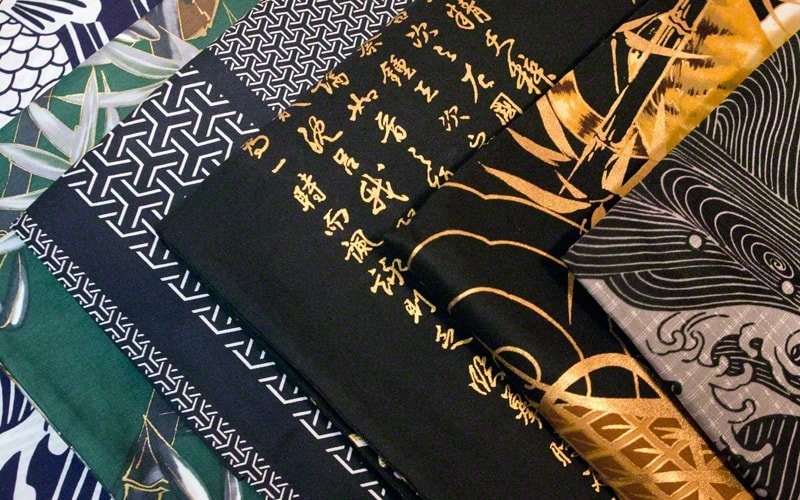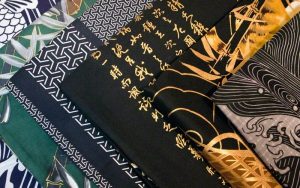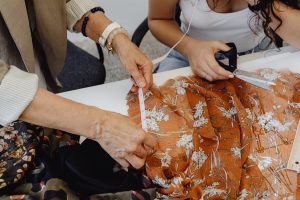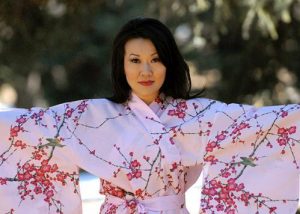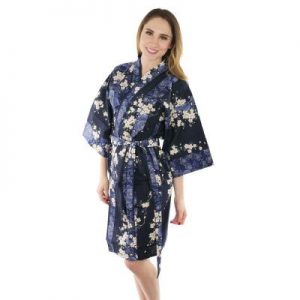The Japanese kimono and yukata have always been more than garments—they are works of art rich in tradition, craftsmanship, and storytelling. Beyond wearing them, these beautiful textiles can be repurposed as stunning wall art to bring elegance, history, and culture into your home. With their intricate designs and symbolic patterns, kimonos and yukatas provide a unique and meaningful way to decorate any space.
If you’re a home decor enthusiast, an admirer of Japanese culture, or an art collector, here’s a guide on using kimonos and yukatas as exceptional wall art.
Why Display Kimono and Yukata as Wall Art?
Displaying a kimono or yukata as wall art goes beyond decoration—it celebrates tradition and beauty in a tangible, awe-inspiring way. Here are a few reasons why they make stunning decor pieces:
1. A Tribute to Japanese Craftsmanship
Every stitch of a kimono or yukata tells a story of Japanese artistry. Made with impeccable attention to detail, these textiles feature hand-painted motifs, intricate embroidery, or woven patterns that are true masterpieces. Hanging one on your wall is like showcasing a fine piece of art.
2. Unique, Meaningful Decor
Kimonos and yukatas are steeped in cultural meaning. Their patterns often symbolize prosperity, good fortune, or the changing seasons. By displaying one, you’re adding a layer of depth and storytelling to your decor.
3. Timeless Elegance
There’s something undeniably elegant about the flowing lines and rich fabrics of a kimono. Its presence instantly elevates a space, bringing a clean yet dramatic focal point to your room.
4. Versatility Across Styles
Whether your home leans toward minimalist Japanese aesthetics or bold and eclectic vibes, a kimono can adapt perfectly. Its versatility ensures it will harmonize with your existing decor while adding a unique element of charm.
Creative Ways to Display Kimono and Yukata as Wall Art
There are several ways to turn a traditional kimono or yukata into a centerpiece for your home. Here are some methods to suit various preferences and styles:
1. Traditional Hanging Rod or Kimono Hanger
The classic way to display a kimono or yukata is by using a wooden or bamboo rod. Draping the garment over the rod showcases its full width and allows the beautiful patterns and colors to flow naturally. This simple method embodies the minimalist elegance of Japanese design. The hanger makes displaying easy. View one by clicking on this link.
Tip: To make the display cleaner and more secure, use discreet hooks or brackets to mount the rod to the wall.
2. Frame It Under Glass or Plexiglass
For a more polished and modern look, consider framing the kimono or yukata under glass or plexiglass. This approach protects the fabric from dust and damage while transforming it into a museum-quality art piece. It’s perfect for spaces like living rooms or offices where you want a sleek, structured aesthetic.
Tip: Use UV-protective glass to prevent fading of the vibrant colors.
3. Mount It on a Canvas
Stretch the kimono or yukata over a canvas or a lightweight frame to display specific sections of its intricate design. This option works well for smaller spaces or when you want to highlight particular details without showcasing the entire garment.
4. Shadow Box Display
Place the kimono or yukata in a deep shadow box for a dynamic presentation. You can include smaller elements, like obi (sashes) or accessories, alongside the garment for a more comprehensive display. This format is particularly effective if you want to create a storytelling piece.
5. Creative Folds
For a contemporary take, fold the kimono into asymmetrical or geometric shapes and mount it directly onto the wall with adhesive strips or custom hangers designed for textiles. This unconventional presentation adds a modern twist to a traditional art form.
6. Layer It with Other Decor
Pair your kimono or yukata with complementary wall decor, such as shoji screens, calligraphy scrolls, or Japanese woodblock prints. The layering creates a curated, gallery-like appeal that celebrates Japanese art as a whole.
How to Care for Your Kimono Wall Art
To keep your kimono or yukata looking beautiful for years, follow these care tips:
- Minimize Sunlight Exposure: Direct sunlight can cause colors to fade over time. Place your display in a spot with minimal direct sunlight or use UV-blocking window films.
- Dust Gently: Use a soft, dry cloth to dust the fabric periodically.
- Preserve Originality: If you’re planning to frame or mount the kimono, avoid cutting or altering it permanently—this preserves its value and heritage.
Elevate Your Home with Japanese Textile Art
Hanging a kimono or yukata as wall art isn’t just about adding beauty to your home—it’s a statement of cultural appreciation and personal style. When thoughtfully displayed, these textiles transcend their role as garments to become enduring pieces of art that inspire connection and admiration.
At Chopa, we offer a wide selection of traditional kimonos, yukatas, and Japanese textile art for every space. Whether you’re decorating your home or curating an art collection, we can help you find the perfect piece to reflect your unique taste.
Discover authentic Japanese kimonos and yukatas today—visit our shop and bring timeless elegance into your space.

